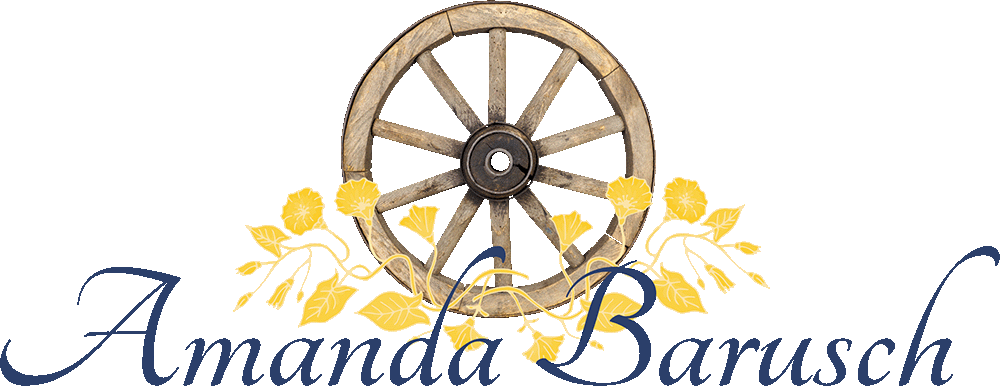I Pledge Allegiance
Hundreds of times as a child I put my hand over my heart to pledge allegiance to the flag. Yes, the flag. That limp assembly of primary colors propped in the corner of the classroom. It took me a while to figure out something a few people never have - that it's not about the flag. The operative phrase here is “the republic for which it stands.” I was ten by then, and I got it. I was pledging allegiance to my country. I could live with that. Later I sorted out the sub-text of “indivisible.” That brutal civil war wouldn't happen again if I had anything to say about it! During my atheist teens I mumbled the “under God” bit under my breath, unable to break the rhythm with silence as some of my friends were doing. But it was “liberty and justice for all” that really got to me. Now there's something you can devote a life to!
When I was young I thought the policeman was my friend. I stood up at my brother's baseball games and belted out the Star Spangled Banner with tears in my eyes.
I don't know whether my country changed or I did. I still get tears in my eyes, but there's a bitter twinge in my heart - especially when they miss those high notes.
In New Zealand as, I suppose, in other commonwealth nations, new citizens pledge allegiance to the queen. When friends ask whether I'll become a citizen - which seems awfully personal for party-talk, but oh well - I say I would never pledge allegiance to the queen. They laugh and point out that she's a very nice woman. But I have already pledged my allegiance. I don't have any to spare.
When I was child we watched presidents, supreme court justices, and governors taking the oath of office - usually on television, but sometimes a family friend got the nod for public office and we got to be there in person. Having pledged their allegiance hundreds of times we ask something new of our public officials: “To protect and defend the constitution of the United States.” So this rote phrase was added to the lexicon of my American identity.
“New Zealand,” I complain to my friends, “does not have a constitution.” “Oh but it does,” they say! “Ours is far superior to yours, consisting of common law handed down through precedents over hundreds of years.” For a while I went along with it. Their sense of superiority left me sheepish. I changed the subject. I couldn't figure out why I was so attached to this document we memorized in elementary school.
Today I got it. My step-mum sent me a news article from one of those alternate internet sources that have sprung up to promote liberty and lies. This one had a long headline: “Thousands of Troops Are Deployed on U.S. Streets Ready to Carry Out Crowd Control.” The [expletive deleted] president, it claims, has brought regiments home from Iraq to train for control of the population. That would be the American population. The article suggests that he, or members of his administration threatened Congress with martial law if they didn't pass his so-called rescue package last week. The troops would stick around, “just in case.” The article raised the specter of a coup.
“That won't happen,” thought I, “it would be unconstitutional!” Surely those generals have put their hands on their hearts (or the bible) and promised to protect and defend the constitution. And surely they understood what occupied my first ten years, namely, that it's not about the piece of paper! Surely.
And that, my friends, is the advantage of a constitution. Every eleven-year old knows it's there to protect him and her from the unfettered power of government. You can’t say that about common law - it's too complex and too obscure to be memorized in elementary school. Gotcha!
